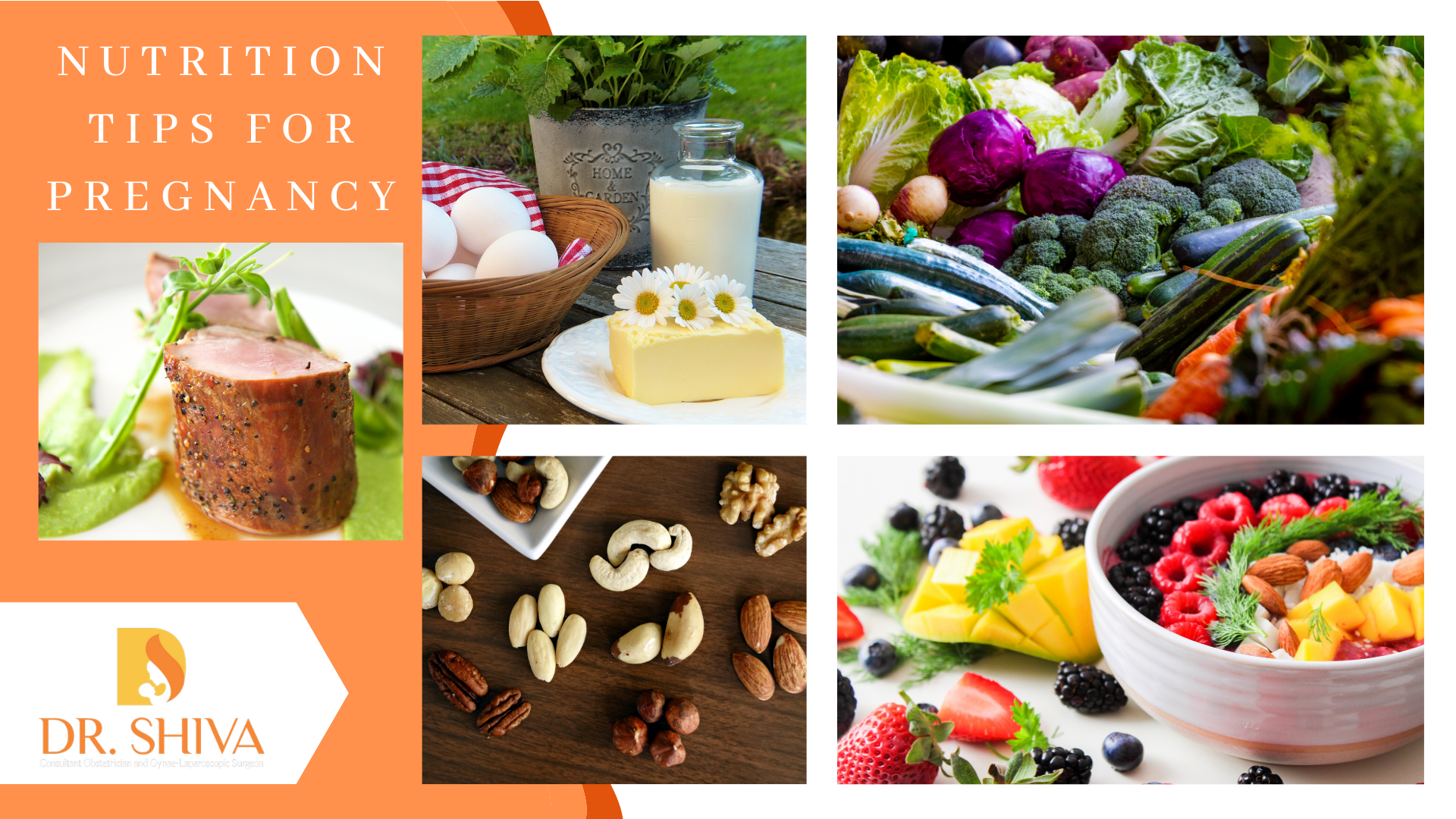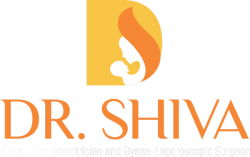
Pregnancy is a major milestone for a woman where she is overwhelmed with the happiness of being pregnant but at the same time filled with anxiety over the proper growth, development and health of the baby. During this time it is essential that they have a balanced and nutritive diet. One needs to eat sensibly and incorporate foods that will support you and your baby at every stage. Following a balanced diet can also help to reduce constipation, morning sickness, fatigue and many other pregnancy symptoms to an extent. The diet needs to covers a wide variety of foods to ensure that you and your baby are getting all the nutrients required. Have fresh and real food. Here are some nutrition tips to follow when pregnant.
Your dietary requirement during pregnancy:
Protein:
- Protein, also known as ‘builder nutrient’, helps supports your baby’s growth and to build important organs for the baby, such as the brain and heart. It is especially critical during the second and third trimesters when your baby is growing the fastest and when your organs are getting bigger to accommodate the needs of your growing baby.
- Source: Meat, fish and eggs are good sources of protein
- Vegetarians should take adequate amount of dairy products and pulses for balanced amino acids.
Calcium
- Calcium is vital for development of teeth and bones for your baby (which starts to form from 7 to 8 weeks onwards) and to protect your bones as well .
- Source: Milk, yoghurt, cheese, paneer and other dairy products, eggs, rajma, fish, ragi, etc.
Iron
- Iron helps increase blood volume(hemoglobin) and prevents anemia.
- Source : Apple, Spinach, Chana dal, carrot, leafy veg, pomegranate, broccoli
- Reduce consumption of sugared salty and fatty foods
- Eat at least 3 servings of iron-rich foods, such as lean meats, spinach, breakfast cereals and beans, each day
Foods to avoid
Make sure you know the important facts about which foods you should avoid or take precautions with when you’re pregnant.
Avoid These When Pregnant:
First 12 weeks: Pineapple and Papaya
Throughout Pregnancy:
- Coleslaw, Liver Pate, Unpasteurized Cheese
- Raw meat, raw eggs, soft cheese, unpasteurized milk, alcohol, Chinese food(Monosodium glutamate or ajinomotto)
- Avoid Artificial sweeteners
Limit These When Pregnant:
- Coffee and Tea Intake
- Caffeinated soda
- Large Fish – Tile fish, Shark fish, Tinned Tuna
- Sea food(Shellfish)
- Salt-Limit intake of highly processed food such as canned soups, rice mixes, salted snacks and salty seasonings.
Some nutrition tips to follow when Pregnancy and during Lactation:
- Have plenty of fluids
- Spinach/Pomegranate fruit
- Fruits
- Fruits are good source of vitamins in your diet
- In all trimester of pregnancy take 2 cups of fresh fruits or juice or 1 cup of dried fruits daily
- Calcium Rich Food: It is better to go for low fat and calcium rich food and have the following every day in all three trimesters
- 3 cups of milk
- 20 ounce of yoghurt
- 4 ounce of cheese
- Have the following listed specially in the first trimester
- Food rich in folic acid : Broccoli, dark green leafy vegetables, beans, oranges, strawberries
- Nuts and almonds(avoid those nuts that are covered in salt),
- Small fish like sardine
- Foods rich in Essential fatty Acids: Flaxseed, flaxseed oil, soybeans, soybeans oil, olive oil, walnut
- Go lean with protein.
- Choose low fat or lean meats.
- Omega 3 is a kind of good fat for the development of brain and in vision of your body. It has also shown to reduce pregnancy related complications.
- To be noted :
- Do not take iron and calcium supplements at same time as calcium decreases absorption of iron.
- During lactation, include calcium rich foods in your diet to prevent bone loss which can occur during lactation.
- Increase your fiber intake to reduce the chances of constipation. Make half of your grains whole instead of refined grains.
- Take multivitamin and mineral supplements with meals to avoid upset of stomach.
- Take multivitamin and minerals supplements that include folic acid (400 mcg), 200-400 IU of Vitamin D 220 mcg of iodine.
During pregnancy as your uterus grows it can cause crowding of some organs like the stomach which can result in heartburn and you may also find it hard to have large meals. So instead it is better to consider having small meals often rather than having 3 or 4 meals on fixed set time. This will help keep your metabolism busy and prevent sudden unhealthy sugar surges(cravings).Including certain fats in your diet is good but it should not exceed 30% of total calorie intake per day. Also ensure that you don’t gain too much weight during this period as it increases the chances of high BP, gestational diabetes and even pre-eclampsia. Good diet with right balance of nutrition is very important for your baby to grow and develop.

